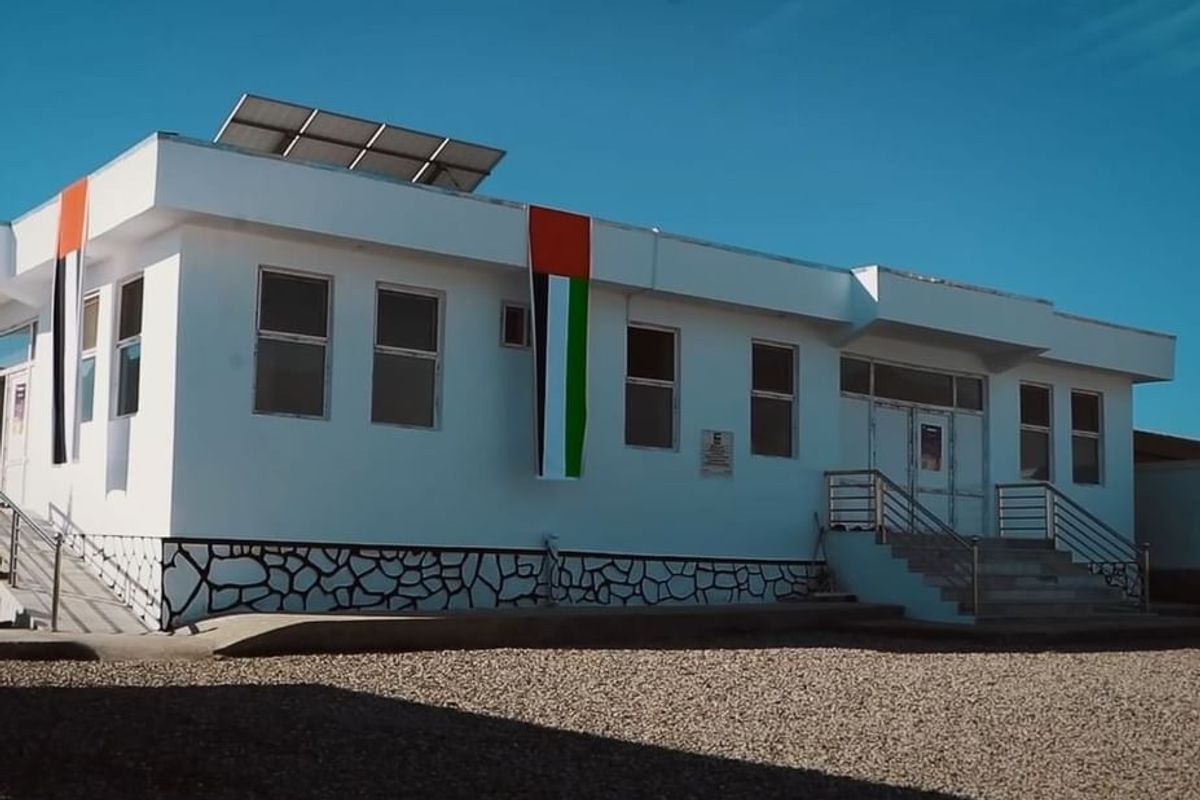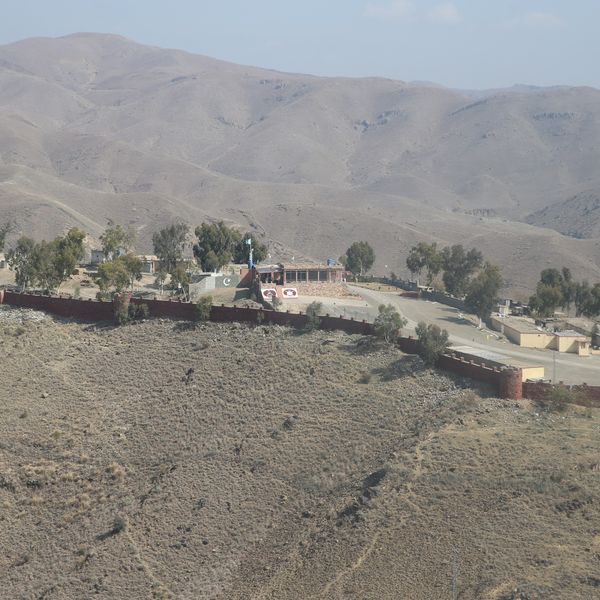News Desk
The News Desk provides timely and factual coverage of national and international events, with an emphasis on accuracy and clarity.

Set to reach over 100,000 women, these clinics are saving lives, building resilience, and restoring trust in essential services.
WAM
In remote corners of Afghanistan where childbirth once meant life-threatening risk, new UAE-funded maternity clinics are offering a lifeline -- and a future.
For the first time, thousands of Afghan women have access to safe, professional care during pregnancy and delivery, drastically improving maternal and infant health outcomes in underserved areas, WAM reported.
One such mother is Shazia Mohammadi from Jalalabad in Nangarhar province. Cradling her newborn daughter Fatima -- her seventh child and the first born in a medical facility -- Shazia described the experience as life-changing.
“We’ve always struggled financially, and I gave birth at home each time because we couldn’t reach a hospital,” she said. “Now, with this clinic nearby, everything is different.”
Fatima was the first baby delivered at the Jalalabad clinic, one of ten fully equipped facilities established with support from the United Arab Emirates across seven provinces: Nangarhar, Balkh, Herat, Paktia, Paktika, Helmand, and Kandahar.
These clinics provide a wide range of maternal and child health services — including prenatal care, deliveries, emergency support, vaccinations, and nutrition counselling — free of charge.
Ramadan Mohammadi, Shazia’s husband, echoed her relief. “All our other children were born at home. We just couldn’t afford transport to the city,” he said. “Now that care has come to us, it’s been a blessing.”
The clinics are also acting as local health hubs, offering educational sessions and administering vaccines such as BCG and COVID-19 doses to more than 20 patients daily. According to clinic staff, these efforts are already beginning to reduce health risks in communities that once had no access to structured care.
“Women used to give birth in unhygienic conditions, often without skilled support,” said Dr Ikramullah, who works at one of the centers. “Today, mothers and babies are being monitored, treated, and protected -- and we’re seeing lives saved as a result.”
Infant mortality remains alarmingly high in Afghanistan, with more than 57 out of every 1,000 children dying before age five, according to UNICEF. But these centers are a critical step toward changing that statistic. Dr Ikramullah cited the example of baby Ayesha Qamari, who has already received multiple vaccinations and routine checkups at the clinic.
Her mother shared the difference this access has made: “We used to risk our children's lives trying to reach hospitals far away. Now we get the help we need right here.”
Beyond improving health outcomes, the UAE initiative is generating local employment and economic activity. Over 100 Afghan workers have been hired in medical, administrative, and support roles, while nearby small businesses -- from food stalls to transport services -- are benefitting from the foot traffic.
“These clinics are serving the poorest communities, offering both medical care and dignity,” said Mawlawi Ameenullah Sharif, Nangarhar’s provincial health director. “We are thankful to the UAE for stepping in where help was desperately needed.”
Outfitted with solar power, mobile units, and ambulances, the clinics reflect a broader effort by the UAE to uplift Afghan communities, especially women and children.
With a projected reach of over 100,000 women in the coming years, these facilities are not just saving lives -- they are building resilience and restoring trust in basic services.










Comments
See what people are discussing